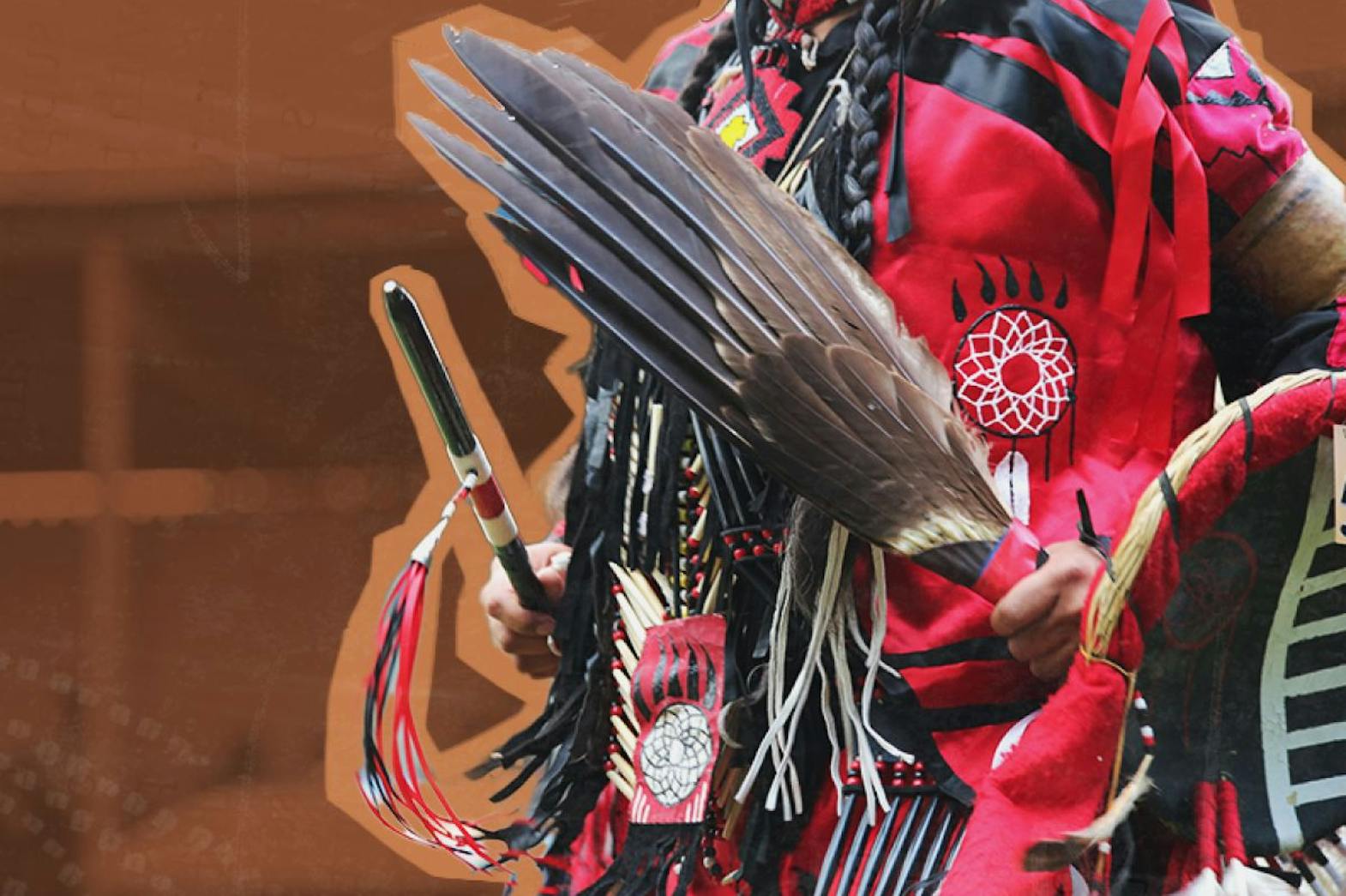Before we can begin reconciliation, we must first listen and truly understand the true history of what is now Canada. Below, members of our staff reflect on how, before reconciliation comes truth, we continue to work to do our part for reconciliation.
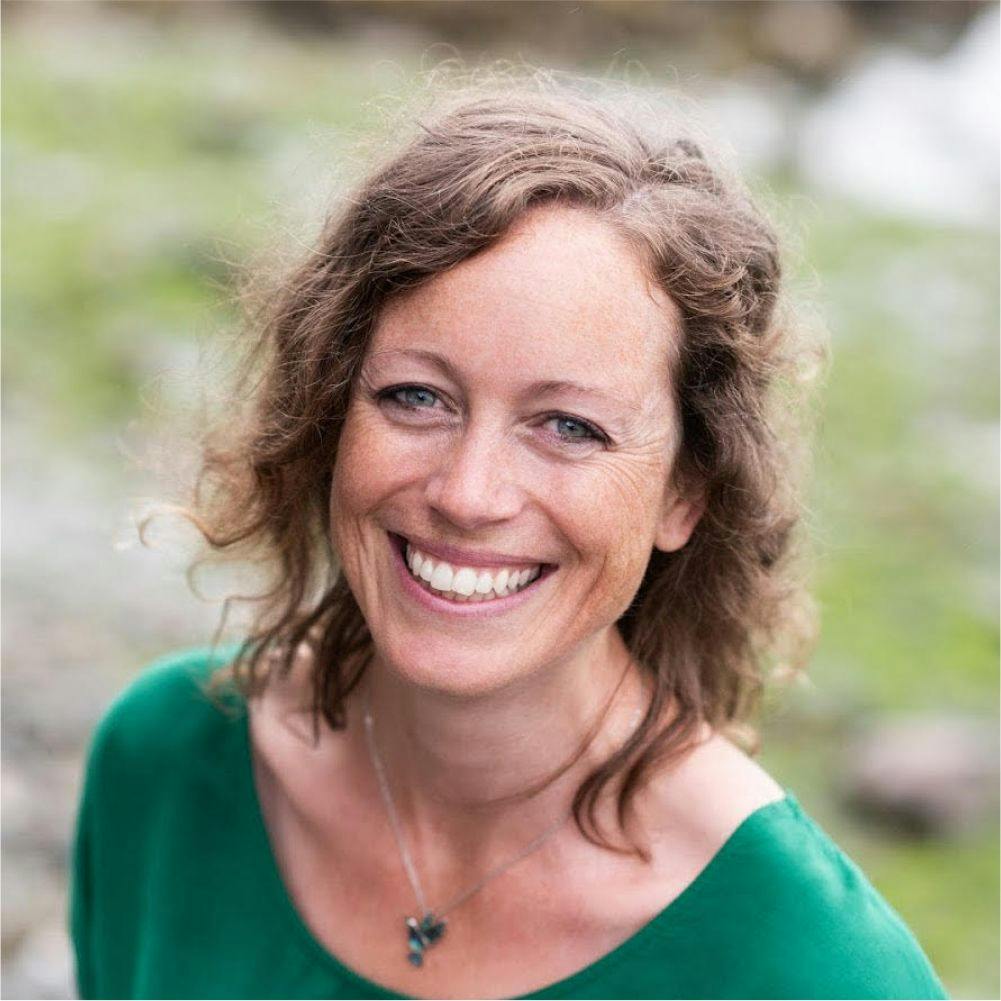
Kristine Lawson
Project Director | Senior Researcher
Truth telling is powerful.
These are times of truth-telling in Canada about our residential school system and the resulting harms for generations of Indigenous Peoples and Canadians. These harms include physical, psychological, and spiritual traumas, as well as perpetuated false and harmful beliefs about Indigenous people and cultures.
At Narratives, we are called upon to tell stories. Although they do not start as our stories to tell, we are entrusted with these truths over time.
We are asked to sit.
Listen.
Go slow.
Don’t be afraid.
Learn from those who have other ways of knowing and doing.
We have seen and heard the term genocide used to truthfully describe the legacy of Canada’s Indian residential school system. We are learning about the breadth and depth of abuse suffered by Indigenous students, as well as their power and spirit to resist, stay strong, and support one another. Our truth-tellers are the Survivors, courageous enough to share this painful information. Survivors’ voices are often the only remaining source of truth – after years of extensive research and investigations, we know that “official records” are incomplete at best and intentionally destroyed at worst.
Survivors consider it a sacred duty, a responsibility to future generations, to ensure something like this never happens again. We must listen to the truth and really hear it. We must re-tell the stories of truth until all have heard and accept them for what they are. Then, and only then, can there be reconciliation.
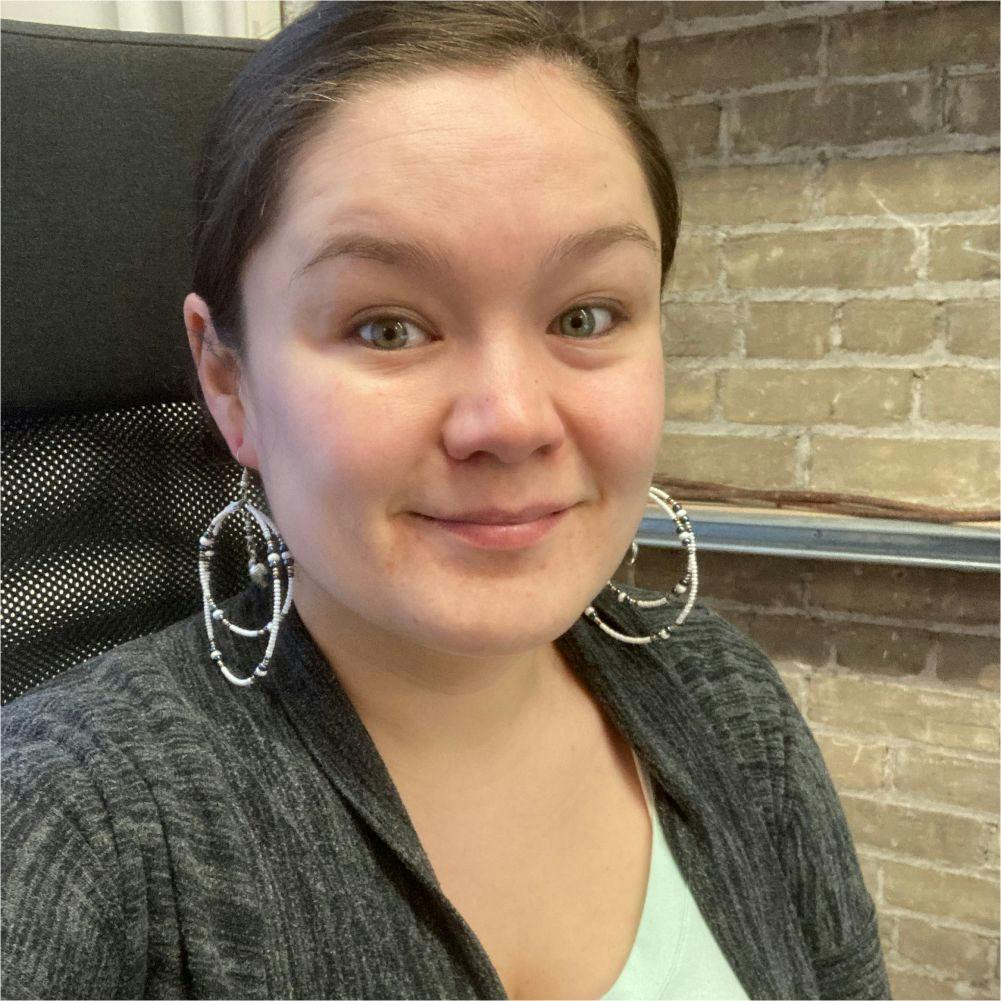
Jaydeen Lachapelle
Researcher
Here we are in 2023, 27 years after the last residential school closed its doors in Canada and 15 years since Stephen Harpers’ apology for the harms done to Indigenous people because of the residential school system. Indigenous peoples still must fight for fair treatment and basic human rights.
My work at Narratives has deepened my understanding of the colonial history of Turtle Island. I have just scratched the surface of unveiling the truth about what happened at these residential schools and why they were able to continue for so long. I want to point out that it was not until I became a researcher on residential school projects that I understood the extent of the harm done- the truth. I am an intergenerational survivor and did not really get an introduction to the residential school system until I attended university. Learning about the residential school system has helped me connect the dots of my own family history and heal.
Reconciling these injustices in history and today will require participation, consistency, and transparency from both the federal and provincial/territorial governments for starters. The details of history should not be fabricated or redacted to hide the names of officials who took part in controlling these schools. What Canada needs is the truth. What Indigenous peoples need is the truth. Possibly, then, will racism be less rampant across Turtle Island. Knowing the truth will allow Survivors and intergenerational Survivors to begin their healing journeys. When we have an honest government that works from the heart- not from the head, we can talk about reconciliation.

Bryce Dooley
Human Resources Generalist
To me, “Before Reconciliation Comes Truth” emphasizes the importance of continuous learning as it comes to Reconciliation and how disappointing the education given to my generation was. Growing up in the Manitoba public school system, there was barely any teaching about how poorly Indigenous people have been treated by Canada at all. The only thing I can recall is a 5-minute discussion from a single page about residential schools; then, we just moved on to the next topic in history class. Canadians need to know how Indigenous people were treated by settlers and the government for over a century and to this day. Without this exposure to the truth of Canada’s past, reconciliation and taking accountability for our past will always feel impossible and stagnate.
My time so far at Narratives has opened my eyes to what really happened and what is still happening. I’m thankful to be given the opportunity to participate in the work Narratives’ does and the learning opportunities towards reconciliation it provides.
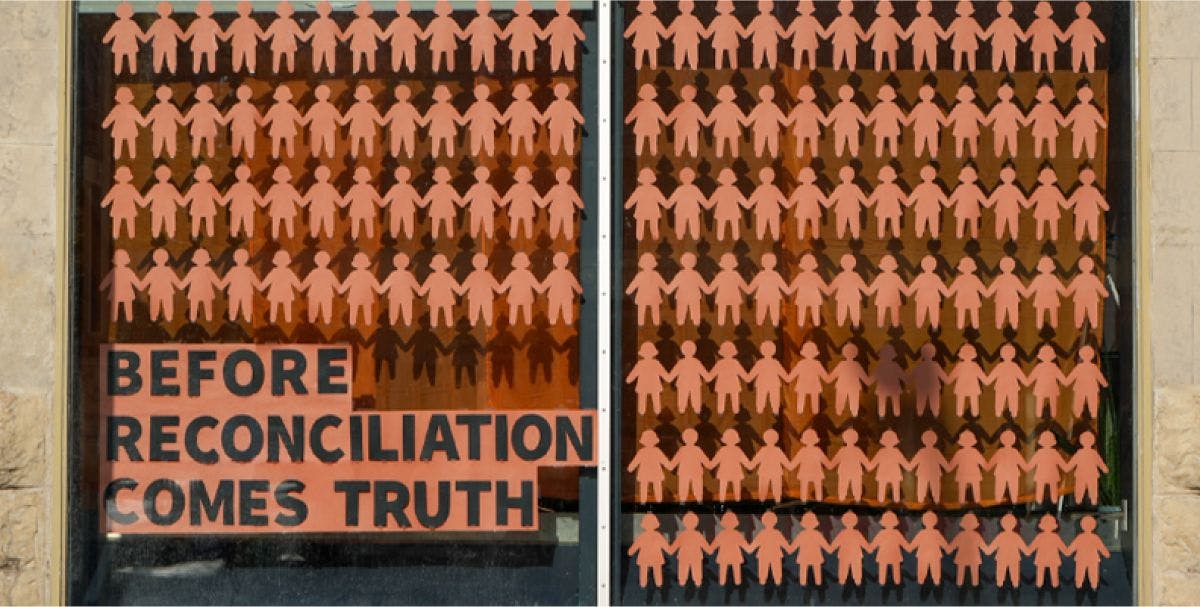
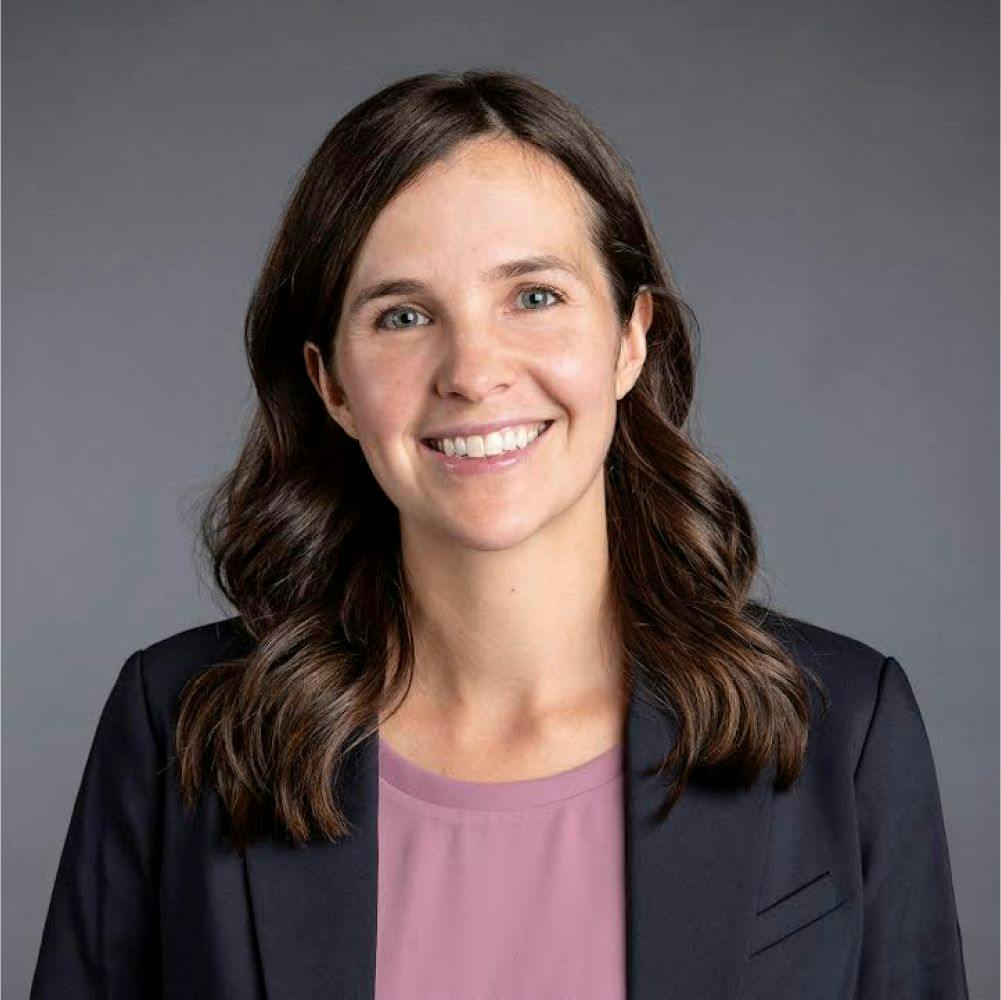
Brigette DePape
Project Manager | Climate Planner
As a settler, I ask the question: what is the role of settlers in truth and reconciliation? Part of our role is educating ourselves and listening to the truth about devastating realities caused by colonization and amplifying it. Listening can be active and look like many different things. Listening is being present when an Elder lights a smudge and speaks in her language. Listening is hearing the drum around the sacred fire to call for justice for MMIWG2S and MMIMB. Listening is opening our hearts to the experiences of residential school Survivors.
One challenge as people share difficult truths is that the experience can be re-traumatizing when the necessary supports aren’t made available to them. How can truth be shared and heard in a way that supports healing? Taking a trauma-informed approach is an important step. Learning that the brilliant team at Narratives takes a trauma-informed approach is one of the many things that drew me here. Learn more about the six key guiding principles of a trauma-informed approach here.
On September 30, 2022, it was incredibly meaningful to listen to Survivors speak about their experiences at the former Assiniboia residential school alongside my newborn daughter Fia. I admire their bravery in sharing and uniting together for healing. I looked at Fia in her orange onesie, surrounded by orange t-shirts and beautiful bright ribbon skirts. I hope that she will grow up to understand the horrific realities faced by many Indigenous community members and friends. I also hope that this next generation will understand the radiance of the Indigenous community: the strength, the knowledge, the courage.

Charmain Schocat
Qualitative Data Analyst
Truth and Reconciliation is about respect, integrity, and knowledge sharing. To work for Truth and Reconciliation, confronting harsh truths about our past. As a person of settler descent, it is to look our grandparents and great-grandparents in their eyes and ask why. It is to act as the quiet witness as we hear and uplift the stories. Our role is to listen to them, believe them, and reflect that belief in our actions. We must encourage the actions and calls to reconciliation in our leadership and governments to follow through. We must hold our leaders and governments accountable and ensure the truth of the stories is enshrined in our psyche.

Desirée Thériault
Partner | Senior Landscape Designer
As a Red River Metis woman from Treaty #1 territory, my journey towards truth has been a profound exploration of identity, emphasizing the crucial role truth plays in reconciliation. Truth is not only a vital component but also a responsibility.
The wisdom that has been passed down to me by Elders and Survivors always echoes a universal message: reconciliation's foundation lies in acknowledging and embracing the truth. Understanding the truth is more than a personal quest; it's a collective responsibility that binds us together in compassion and solidarity.
Truth is the guiding star that illuminates our path toward reconciliation. It is our duty to seek it, to listen intently, and to learn from the stories that reveal the realities of our shared history. Only by acknowledging these truths, both individual and collective, can we hope to move forward toward a more just and equitable future. In this pursuit of truth, we find not only reconciliation but a deeper understanding of ourselves and our place in the world.




